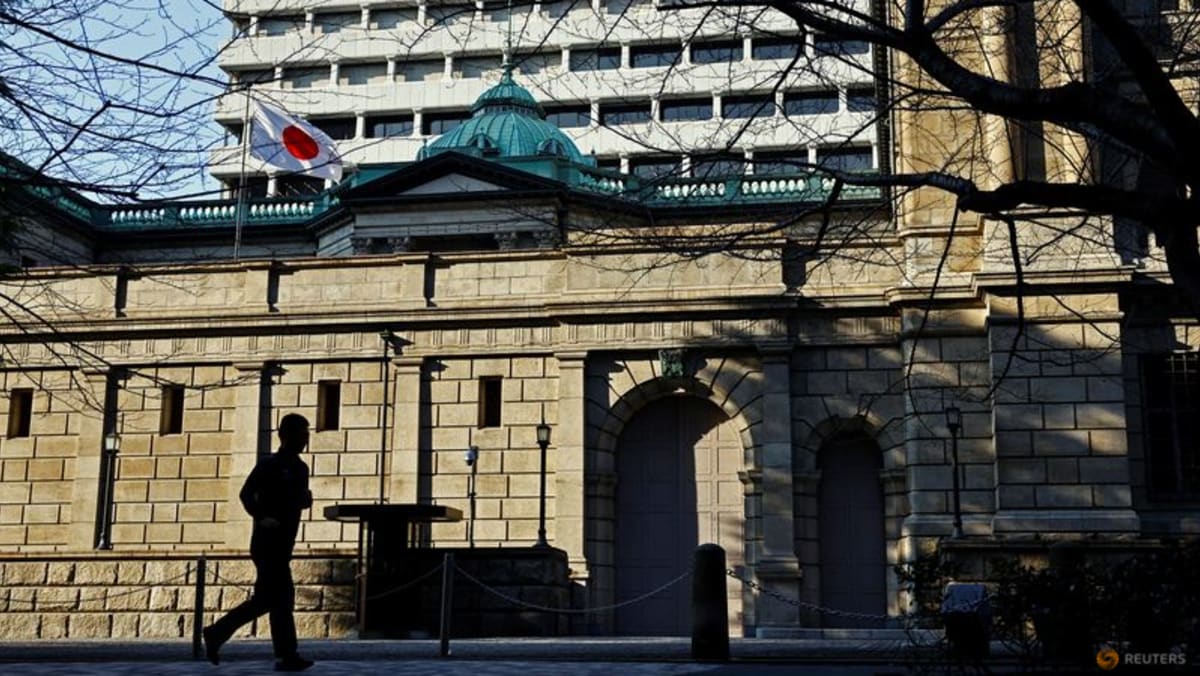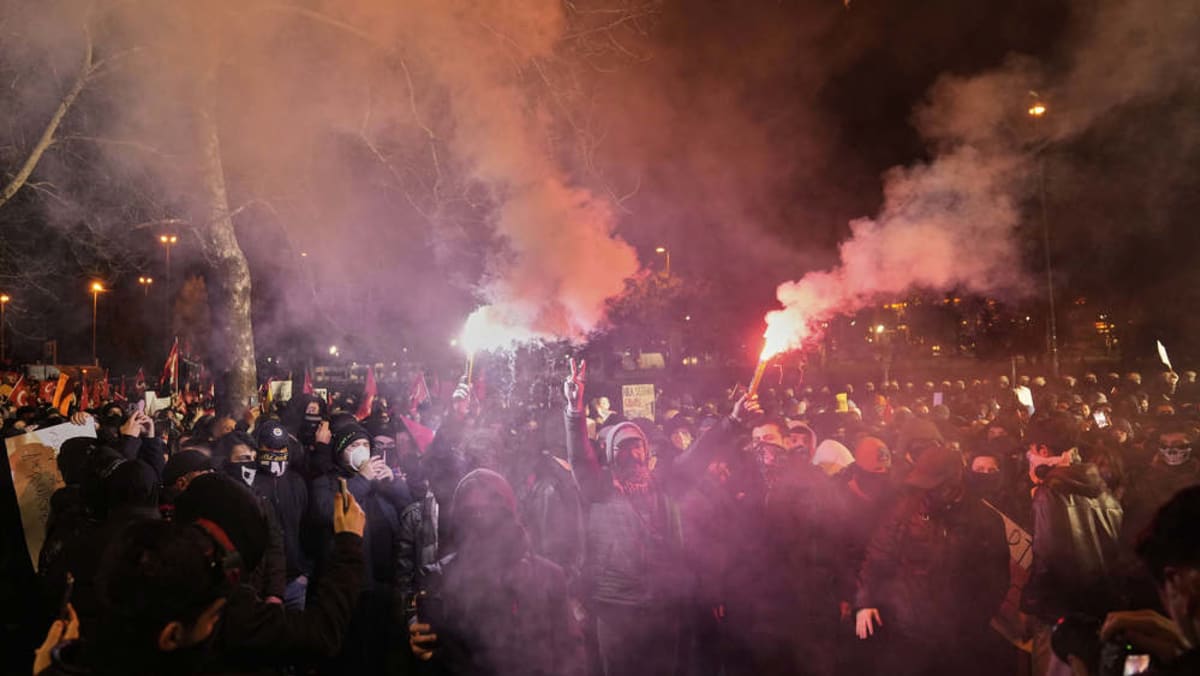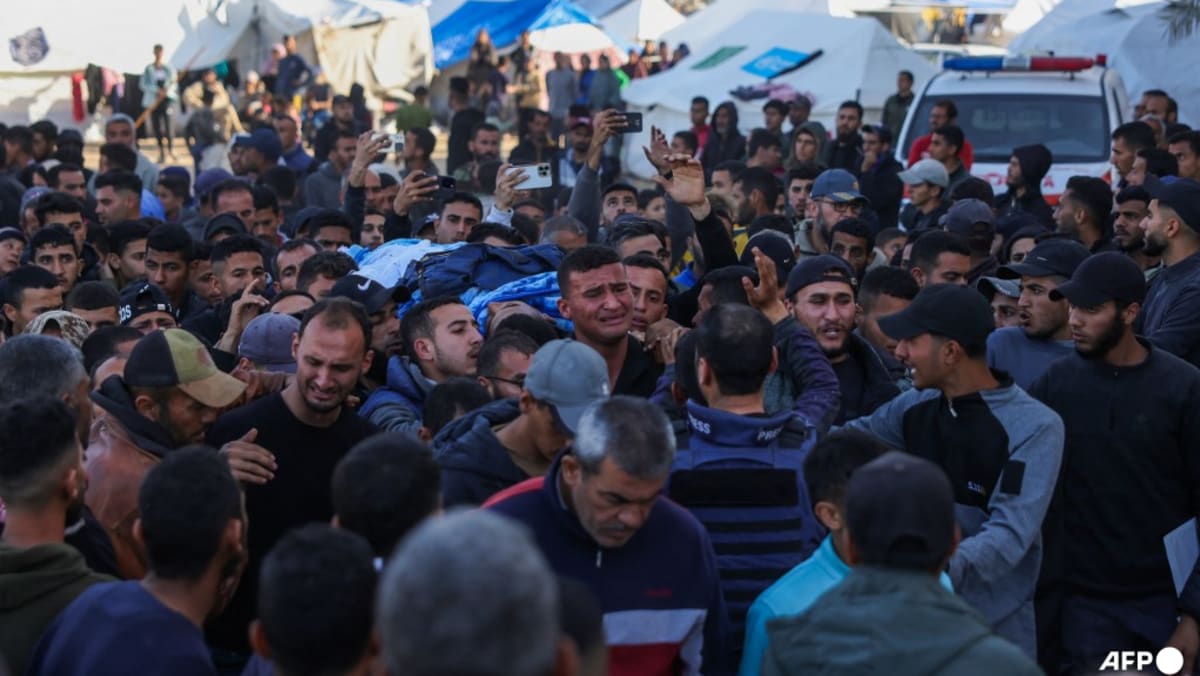Pritam Singh trial: Prosecution closes case without calling IO to stand, both sides to file written arguments
.jpg?itok=P87vlsSS)
SINGAPORE: The prosecution closed its case against Workers’ Party (WP) chief Pritam Singh on the ninth day of the trial without calling its last witness, an investigation officer (IO), to the stand.
In a brief hearing on Thursday (Oct 24) morning, both sides settled administrative matters, including timelines for written submissions to be made, before wrapping up the first tranche of the trial.
Singh, 48, is contesting two charges under the Parliament (Privileges, Immunities and Powers) Act for essentially lying to the Committee of Privileges (COP) on Dec 10 and Dec 15 in 2021 when being questioned about a lie told by former WP Member of Parliament Raeesah Khan.
Ms Khan had given a false anecdote in parliament about accompanying a rape victim to a police station.
Singh’s charges arise from his testimony before the COP, convened to look into Ms Khan’s conduct, on what he wanted Ms Khan to do – tell the truth, or maintain the lie.
While being examined before the COP in the public hearing room at Parliament House, Singh is accused of falsely testifying that:
- At the conclusion of his meeting with Ms Khan and WP members Ms Sylvia Lim and Mr Muhamad Faisal Abdul Manap on Aug 8, 2021, Singh wanted Ms Khan to clarify at some point in parliament that what she had said about accompanying a rape victim to a police station was untrue.
- When Singh spoke to Ms Khan on Oct 3, 2021, he wanted to convey to Ms Khan that if the issue came up in parliament the next day, she had to clarify that her story about accompanying the rape victim was a lie.
The charge sheets are 17 and 20 pages long respectively as they contain extracts of the transcript between Singh and Minister for Culture, Community and Youth Edwin Tong, who was questioning Singh. Both men are lawyers themselves.
Defence lawyers Andre Jumabhoy and Mr Aristotle Emmanuel Eng intend to file written submissions arguing that there is no case for the defence to answer on the first charge.
This is the charge surrounding the Aug 8, 2021 meeting with WP leaders, where Ms Khan confessed to them that she had lied.
If successful and the judge buys the defence’s arguments, this could mean the first charge is dismissed and the case proceeds only on the second charge.
Alternatively, the court may alter the charges or frame a new charge before calling on Singh to give his defence.
The judge will have to make a finding on whether there is some evidence that is “not inherently incredible”, and which satisfies “each and every element” of the charges as framed by the prosecution.
If he finds there is, he will call on Singh to testify and open the case for the defence.
If he finds there is not, he could dismiss the case entirely in an acquittal.
Deputy Principal District Judge Luke Tan asked the defence to file written submissions on there being no case to answer for the first charge by noon on Oct 30.
The prosecution is to put in reply submissions by Nov 2.
Judge Tan also asked both sides to address him on specifics of the charges, as some specific words used in the allegations against Singh as framed in the charges cannot all be found in the excerpts of Singh’s exchange before the COP.
Thereafter, the court will sit again on Nov 5, the first day of the next tranche slated for the trial.
The judge is expected to make his decision then, on whether the prosecution has made out enough of a case for the defence to answer.
If so, he will then call on Singh to testify. If he chooses not to, an adverse inference can be drawn. He has not confirmed officially if he will be testifying, and his lawyers have not confirmed who else they might call as defence witnesses.
There are another seven days slated for the November tranche of the trial.
THE IO AND SINGH’S PHONE
Before settling the timelines for submissions, Deputy Attorney-General Ang Cheng Hock said both sides had agreed to a set of facts with regard to the investigation officer who was to be the prosecution’s last witness.
Therefore, the officer did not have to take the stand.
According to the set of facts agreed to by both prosecution and defence, Singh’s phone was seized by the investigation officer, Mr Roy Lim, in the course of police investigations.
Singh informed the police that the phone contained information relevant to the investigations, explaining that he had been using it until he changed phones in March 2022.
He told the police that the phone contained legally privileged information, including his communications with lawyers.
However, he was agreeable to the police reviewing contents of the phone in his presence. This was done, with the police deciding afterwards not to conduct any forensic extraction of the phone’s contents.
The penalties Singh faces are a maximum jail term of three years, a fine of up to S$7,000, or both per charge.
The Attorney-General’s Chambers has previously said that the prosecution will seek a fine for each charge if Singh is convicted.
Under the Constitution, anyone fined at least S$10,000 or jailed for at least a year is disqualified from standing for election to become a Member of Parliament.
A sitting MP who receives such penalties will lose their seat. The disqualification lasts for five years.
Source: CNA















